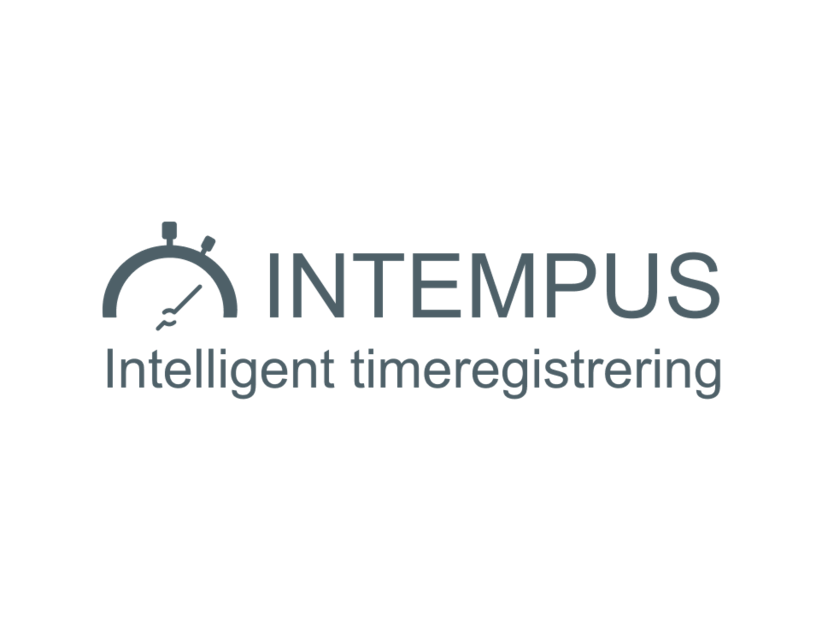Is your company ready for the new time registration law?
The law on time registration of employees' working hours will come into force in just two months. But what exactly does the new law cover, and how do you ensure that your company meets the legal requirements? We will answer that in this article.

The Danish Parliament began the year by passing a new law regarding time registration at work, which prescribes that all employers must have implemented a system for registering employees' working hours by July 1, 2024.
The background for the new law on time registration stems from a ruling by the European Court of Justice, which establishes that all employees have the right to limit their working hours and to have rest periods. In 2019, the European Court of Justice ruled that all Member States must require employers to implement procedures that ensure that employees' daily working hours are recorded.
Therefore, the upcoming law for time registration is a direct result of the EU's efforts to protect workers from overtime.
What does the law entail?
The purpose of the new time registration law is to ensure that the following rules on daily rest periods and maximum weekly working hours are complied with:
The 48-hour rule: Employees may work up to 48 hours on average per week for four months.
The 11-hour rule: Your employees' working hours must be planned so that they receive 11 consecutive hours of rest within each 24 hours.
Time off: Employees are entitled to at least one day off per week.
The new law must, therefore, make it easier to document that the above three rules are complied with. In addition, you need to pay special attention to two things in the upcoming law:
Employees only need to record changes compared to the agreed-upon or scheduled working hours.
Employees only have to register the total working hours without specifying times. For example, if you work 5 hours in the middle of the day and then continue working in the evening, you only need to write down the total number of hours you worked.
Therefore, there is no requirement to register every single second. If the total daily working hours are agreed upon in advance, the employee only needs to approve this and add any changes to the pre-filled working hours.
Who is required to register their working hours?
As a starting point, all Danish companies must record time, and the new rules require that you, as an employer, implement a time tracking software that can record the daily working hours of your employees.
According to the bill, there is freedom of method about how the individual employer chooses to organize the time tracking software, as long as the system is objective, reliable, and accessible. However, companies are obliged to:
Measure the daily and weekly working hours of the employees.
Allow employees to register time, overtime hours, sickness, and holidays.
Store the information in the system for five years.
Certain individuals can be exempted
Even though all companies must comply with the new working time registration law, certain employees described as "self-organizers" are exempt from having to register their time. According to the legislation, "self-organizers" are defined as follows:
"Employees who can set their working hours, or employees whose working hours cannot be fully measured or predetermined in advance and who have a managerial role, or can make independent decisions."
Thus, these employees have a considerable degree of freedom and independence in carrying out their work. Self-organizers will, therefore, typically be people in the top management, senior lawyers, specific academics, and experts.
However, it is essential to emphasize that the employer must assess each employee individually. It is insufficient to categorize the employees and declare that one or more groups are self-organizers. Furthermore, it is a requirement that it appears from the employment contract if the employee is classified as a self-organizer and is thus exempt from the requirements for time registration and the rules in The Danish Act on Working Hours regarding maximum weekly working hours, breaks, and days off.
Find your next time tracking software on navigator
If you are in doubt about how your company should meet the legal requirements, several of our digital partners on kompasbank navigator can help you implement a time tracking software in your company.
Intempus
With Intempus' digital time tracking software, registering hours for your company becomes easy, smart, and efficient. The system is user-friendly and can be tailored to the needs and workflows of your company, so you get exactly the solution that suits you. Do you want to make your workday easier? Then Intempus is ready to help you get started.
TimeLog
TimeLog's time registration system is fast and easy, and it provides you with the necessary documentation to create an excellent overview, ensure correct invoicing, and gain in-depth insights into your business. Want to hear more about how your company can use TimeLog? Book a 20-minute online demo here.
Timeops
TimeOps is on an important mission. They want to ensure that you get the most out of your time – after all, it's your most important resource. That's why they have built a simple time tracking software for those who want better control over their time. With the accompanying app, you can easily record your time, even when you're on the go. Time registration has never been easier.
Published: 04/24/2024
Related Services
Easy Time Registration
Intempus is a digital time registration solution that makes daily administration easy, simple, and manageable.

Optimise your workflows
Try a complete PSA (Professional Services Automation) solution and optimise your workflows with easy time tracking, efficient project and resource management, automated invoicing, and real-time reporting.

Simple time tracking software
TimeOps is on a critical mission. They want to ensure you get the most out of your time – after all, it is your most important resource. That is why they have built a simple time-tracking software for those who want a better overview of their time.
